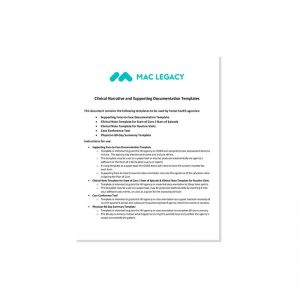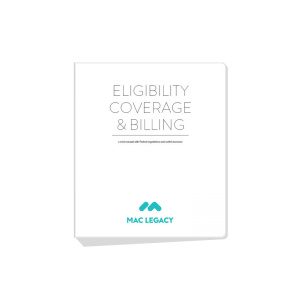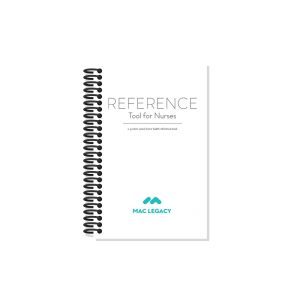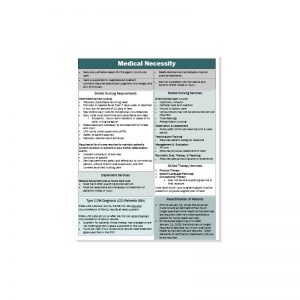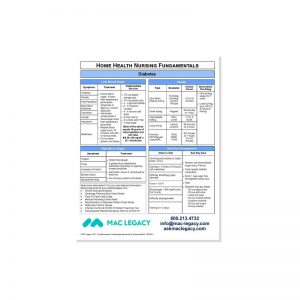One of the most common reasons for home health claims denials revolve around medical necessity for skilled nursing services—denial code 5HN18. During the first quarter of 2021, the Medicare Administrative Contractors identified this denial reason among the top five. The solution boils down to a good understanding of skilled nursing services and documentation, documentation, documentation. …
One of the most common reasons for home health claims denials revolve around medical necessity for skilled nursing services—denial code 5HN18. During the first quarter of 2021, the Medicare Administrative Contractors identified this denial reason among the top five. The solution boils down to a good understanding of skilled nursing services and documentation, documentation, documentation. Skilled nursing services for observation and assessment (O&A) is a frequent cause for denial when the skill is used beyond the accepted three week time period. O&A is appropriate for an acute onset or exacerbation of a diagnosis that requires the skills of a professional to observe and assess the patient’s current health status. In this case, the nurse—RN or LPN—is examining the patient for problems related to a specific problem to detect the need for an alteration in the plan of care. When anomalies are assessed, the physician or allowed practitioner is notified for possible changes in the treatment plan. O&A is typically justified for three weeks unless the patient remains unstable and documentation validates the need for this continued skill. Documentation is key to “painting the picture” of patient need. It must be clear that the nurse is not only assessing the acute problem but also analyzing the observations. This should involve a documented comparison of the current findings to previous examinations. It must be obvious the nurse is using his or her professional knowledge to objectively determine the existence of an actual or potential problem requiring a change in the medical treatment. Agencies can use information in the Medicare Benefit Policy Manual, Chapter 7, section 40.1.2.1 to gain a better understanding of this often misunderstood skill.
